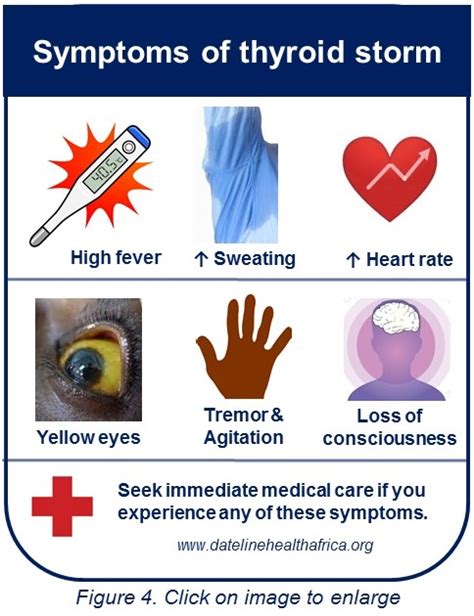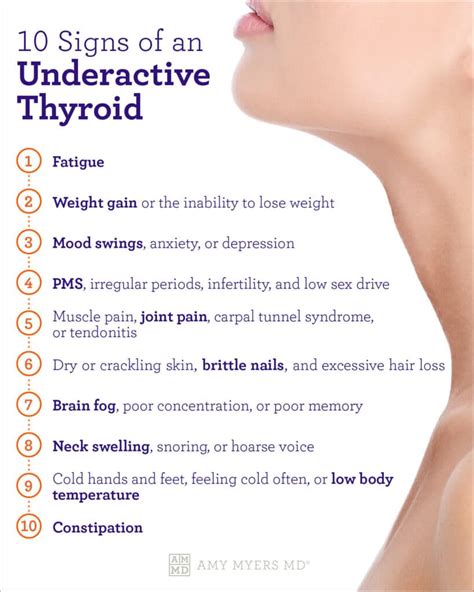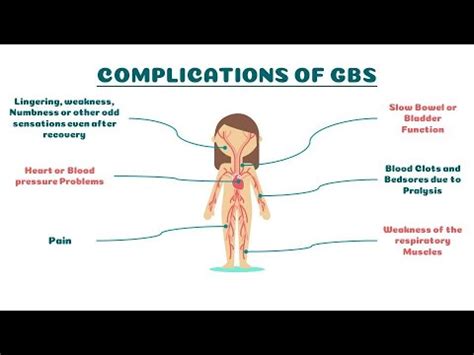Intro
Identify 7 thyroid storm symptoms, including rapid heartbeat, fever, and confusion, to recognize this life-threatening condition. Learn about hyperthyroidism crisis and thyroid emergency signs.
The thyroid gland plays a crucial role in regulating metabolism, energy generation, and overall hormonal balance in the body. However, in some cases, the thyroid gland can become overactive, leading to a life-threatening condition known as thyroid storm. This condition is characterized by extreme symptoms that can be debilitating and even fatal if left untreated. It is essential to recognize the warning signs of thyroid storm to seek medical attention promptly.
Thyroid storm is a rare but severe complication of hyperthyroidism, which occurs when the thyroid gland produces excessive amounts of thyroid hormones. This excess can lead to a cascade of symptoms that can be overwhelming and require immediate medical intervention. The symptoms of thyroid storm can vary in severity, but they often resemble those of hyperthyroidism, albeit more pronounced. Recognizing these symptoms is crucial for timely diagnosis and treatment.
The importance of understanding thyroid storm symptoms cannot be overstated. Early recognition and treatment can significantly improve outcomes and prevent long-term complications. Moreover, being aware of the risk factors and underlying causes of thyroid storm can help individuals take preventive measures and manage their condition more effectively. As we delve into the world of thyroid storm, it is essential to approach the topic with sensitivity and a deep understanding of the complexities involved.
Introduction to Thyroid Storm

Thyroid storm is a medical emergency that requires prompt attention and treatment. The condition is often precipitated by underlying hyperthyroidism, which can be caused by various factors, including Graves' disease, thyroid nodules, and excessive intake of thyroid hormone supplements. The symptoms of thyroid storm can be divided into several categories, including cardiovascular, neurological, gastrointestinal, and musculoskeletal.
Causes and Risk Factors
The causes of thyroid storm are multifaceted and can be attributed to various factors. One of the primary causes is untreated or undertreated hyperthyroidism, which can lead to a buildup of thyroid hormones in the body. Other risk factors include thyroid surgery, radioactive iodine therapy, and excessive intake of thyroid hormone supplements. Additionally, certain medications, such as beta-blockers and antithyroid drugs, can precipitate thyroid storm in susceptible individuals.Thyroid Storm Symptoms

The symptoms of thyroid storm can be categorized into several groups, including:
- Cardiovascular symptoms: rapid heart rate, palpitations, and increased blood pressure
- Neurological symptoms: confusion, agitation, and seizures
- Gastrointestinal symptoms: nausea, vomiting, and abdominal pain
- Musculoskeletal symptoms: muscle weakness, tremors, and joint pain
These symptoms can vary in severity and may resemble those of other conditions, making diagnosis challenging. However, it is essential to recognize the warning signs of thyroid storm to seek medical attention promptly.
Diagnosis and Treatment
Diagnosing thyroid storm can be challenging, as the symptoms may resemble those of other conditions. A comprehensive medical history, physical examination, and laboratory tests are essential for accurate diagnosis. Treatment of thyroid storm typically involves a multidisciplinary approach, including medications to reduce thyroid hormone production, beta-blockers to control cardiovascular symptoms, and supportive care to manage other symptoms.Treatment Options

Treatment of thyroid storm typically involves a combination of medications and supportive care. The primary goal of treatment is to reduce thyroid hormone production and alleviate symptoms. Medications used to treat thyroid storm include:
- Antithyroid drugs: to reduce thyroid hormone production
- Beta-blockers: to control cardiovascular symptoms
- Corticosteroids: to reduce inflammation and prevent adrenal crisis
- Supportive care: to manage other symptoms, such as nausea, vomiting, and abdominal pain
Prevention and Management
Preventing thyroid storm requires careful management of underlying hyperthyroidism. This includes regular monitoring of thyroid hormone levels, adherence to medication regimens, and prompt reporting of any changes in symptoms. Additionally, individuals with hyperthyroidism should avoid triggers that can precipitate thyroid storm, such as excessive intake of thyroid hormone supplements and certain medications.Complications and Prognosis

Thyroid storm can lead to several complications, including heart failure, respiratory failure, and death. The prognosis of thyroid storm depends on prompt recognition and treatment. With timely and effective treatment, the prognosis is generally good, and most individuals can recover fully. However, delayed or inadequate treatment can lead to long-term complications and increased mortality.
Living with Thyroid Storm
Living with thyroid storm requires careful management and monitoring of the condition. Individuals with thyroid storm should work closely with their healthcare provider to develop a treatment plan and manage their symptoms effectively. Additionally, lifestyle modifications, such as stress reduction and dietary changes, can help alleviate symptoms and improve overall well-being.Conclusion and Next Steps

In conclusion, thyroid storm is a life-threatening condition that requires prompt recognition and treatment. By understanding the causes, symptoms, and treatment options, individuals can take proactive steps to manage their condition and prevent long-term complications. If you or someone you know is experiencing symptoms of thyroid storm, it is essential to seek medical attention immediately.
What are the primary causes of thyroid storm?
+Thyroid storm is often precipitated by underlying hyperthyroidism, which can be caused by various factors, including Graves' disease, thyroid nodules, and excessive intake of thyroid hormone supplements.
What are the symptoms of thyroid storm?
+The symptoms of thyroid storm can be categorized into several groups, including cardiovascular, neurological, gastrointestinal, and musculoskeletal symptoms.
How is thyroid storm diagnosed and treated?
+Diagnosing thyroid storm involves a comprehensive medical history, physical examination, and laboratory tests. Treatment typically involves a multidisciplinary approach, including medications to reduce thyroid hormone production, beta-blockers to control cardiovascular symptoms, and supportive care to manage other symptoms.
We hope this article has provided you with a comprehensive understanding of thyroid storm symptoms, causes, and treatment options. If you have any further questions or concerns, please do not hesitate to reach out to us. Share this article with your friends and family to help raise awareness about this critical condition. Together, we can work towards improving outcomes and reducing the risk of complications associated with thyroid storm.
